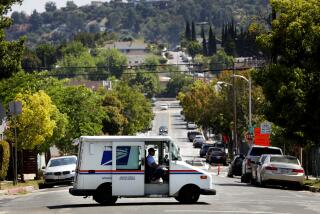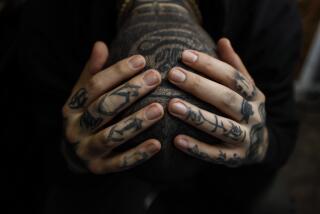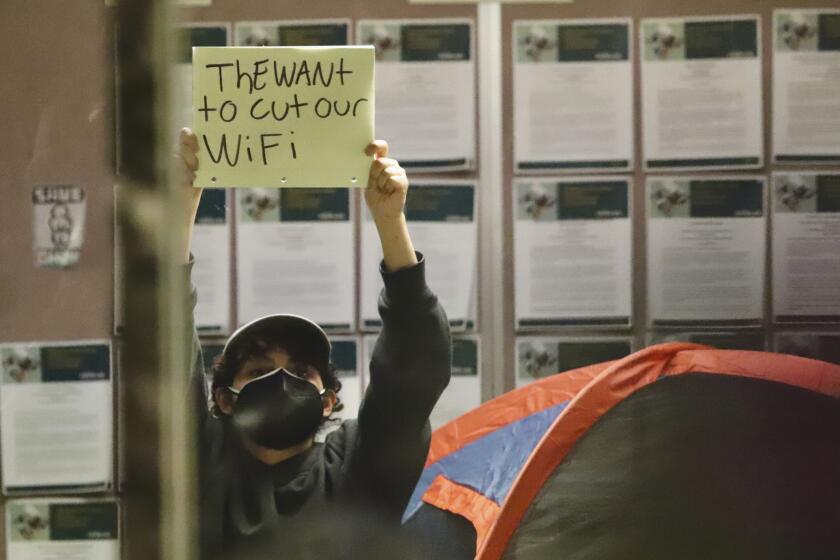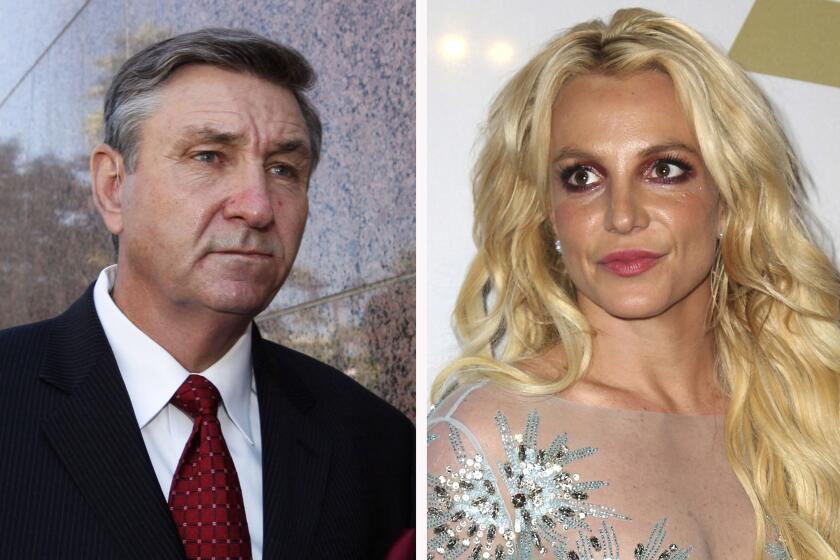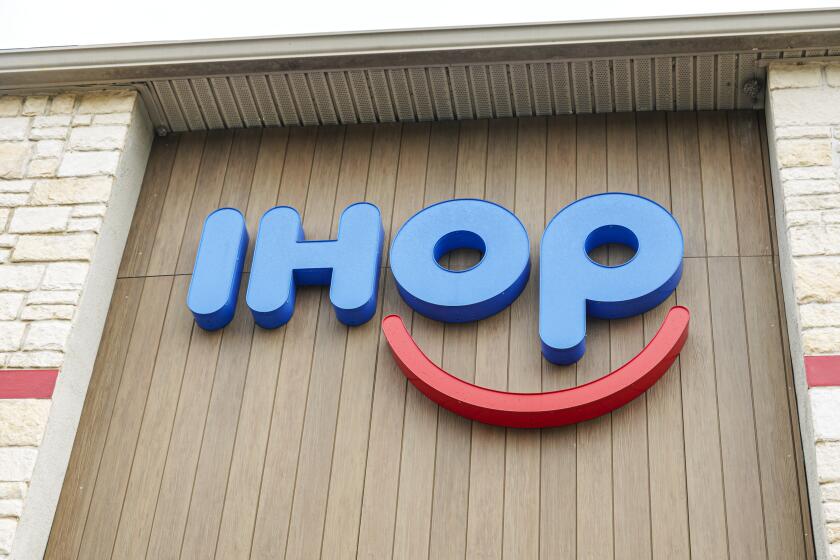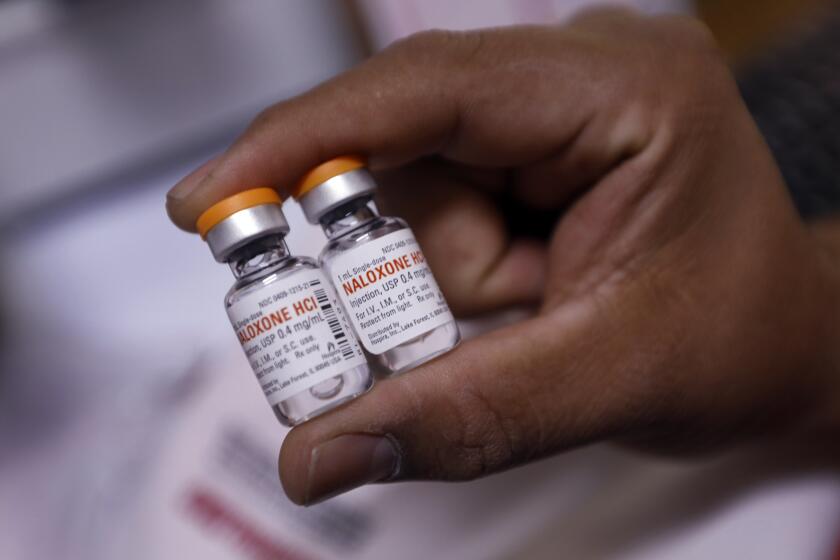Asian identity crisis fades to worries of everyday life
Recently, I was jarred to read an essay that ran on the front page of this newspaper two decades ago. “Suddenly, I am scared to be Asian,” the author wrote. “More specifically, I am afraid of being mistaken for Korean.”
Those words were mine, a fourth-generation Chinese American, written as large swaths of L.A. were smoldering. I’m sure my remarks made some readers suspect I had slept through Political Correctness 101. Had the violence racking the city really rubbed me so raw?
It’s easy to forget how confounding the events of that spring were for Los Angeles. Angry mobs of blacks chose targets by the color of their skin and Asians were not getting a pass, mainly because of tensions surrounding Korean American store owners in the historically African American neighborhoods of South L.A. Some Koreans brandished guns on the rooftops of their besieged businesses. When the worst was over, more than 50 people were dead, thousands had been injured, and I, like many longtime members of L.A.’s ethnic stew, was left with the mother of all identity crises.
Other non-Korean Asian Americans I spoke to back then felt the same confusion. Solidarity? Not when people who looked like us were getting shot or doing the shooting, we thought, with more than a little shame. “Asian American — who generated this term?” a Japanese American friend mused the other day. “We have nothing in common but appearance.”
To be sure, much has changed in 20 years. Two of the L.A. police chiefs who followed Daryl Gates have been African Americans. We have a Latino mayor and a black president. My City of Angels that for many dark days became a city of fear gradually turned its attention back to mismanaged schools, irrational real estate prices and the fate of the Dodgers.
As for me, I’m more aggrieved now by my gray hairs and shrinking dollars than the cast of my skin or slant of my eyes. It has been 30 years since any white person, noting my Asian features, has asked if I can speak English. It has been almost that long since anyone has exhorted me to “go back to China,” ignorant of the fact that my native claims extend to the 1800s. Great-Grandfather Woo’s grit made possible a family history that includes the first Asian American elected to the L.A. City Council, my brother Mike.
But my brother, who left office in 1993, was also the last Asian American to sit on the council. How could that be in a city that has grown more multiracial and, if you believe the polls, more tolerant, over the last two decades? Several Asian Americans plan to pitch their hats into the ring next year, but until one wins, I remain on guard. What historian Carey McWilliams once said of America is certainly true of our city: It is “the sum of the tensions between its older and new immigrants, whether they came from Europe or south of the border or across the Pacific.” We still haven’t solved the equation.
One hopeful development is the ascendance of Korean Americans. Where once they decried their impotence (being “totally left out of the picture,” in the words of a beleaguered Korean shop owner in Anna Deavere Smith’s post-riot play “Twilight”), in 2012 they command ever-larger spans of cultural space.
There is Chang-rae Lee, whose 1995 debut novel, “Native Speaker,” shot him to literary stardom. There is Rain, the Korean pop star who last year was voted No. 1 in Time magazine’s annual poll of the world’s 100 most influential people. There is even a popular blog called Ask a Korean, created by a Seoul-born lawyer who attended high school in Cerritos in the post-Rodney King years. It attracts more than 90,000 visitors a month and the majority of queries, the anonymous blogger told me, come from non-Koreans curious about a wide range of matters, including the ins and outs of Korean politics, giving adopted Korean babies ethnic names, and why Koreans eat dog meat. His replies are astute and often humorous.
No, I don’t fear being taken for Korean these days.
My community near Pasadena, where I’ve lived for a decade, has more Koreans than Chinese, Japanese or other Asians. The high school offers an Advanced Placement Korean language course. My teenage son’s Korean friends have introduced him to addictive ramen snacks and video games that have enabled me to prop up the South Korean economy. In turn, they hunker down in our living room to play “Call of Duty” and raid our pantry for Twinkies and Chips Ahoy. We all get along fine.
Elaine Woo is an obituary writer for the Times.
More to Read
Start your day right
Sign up for Essential California for news, features and recommendations from the L.A. Times and beyond in your inbox six days a week.
You may occasionally receive promotional content from the Los Angeles Times.
